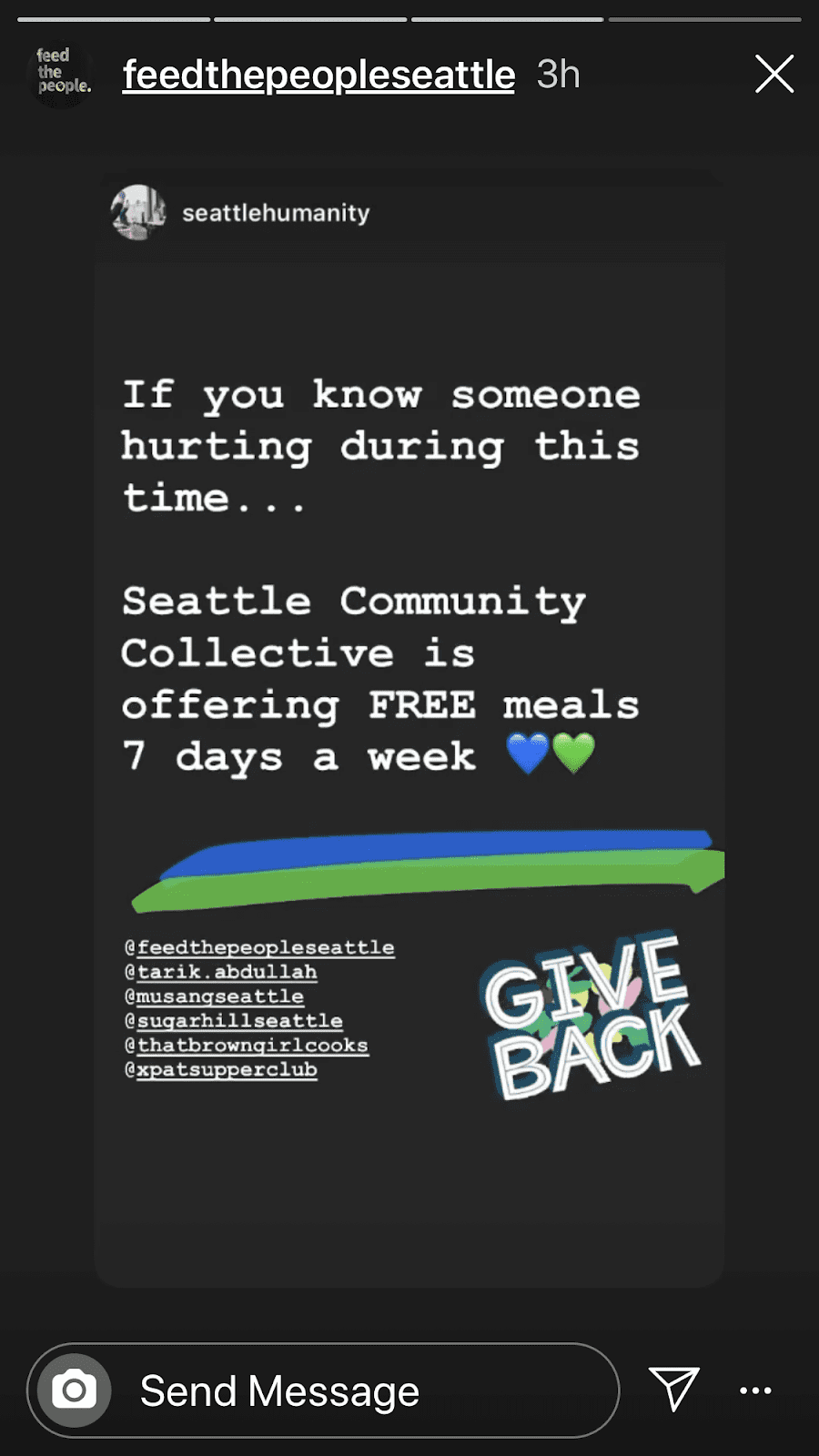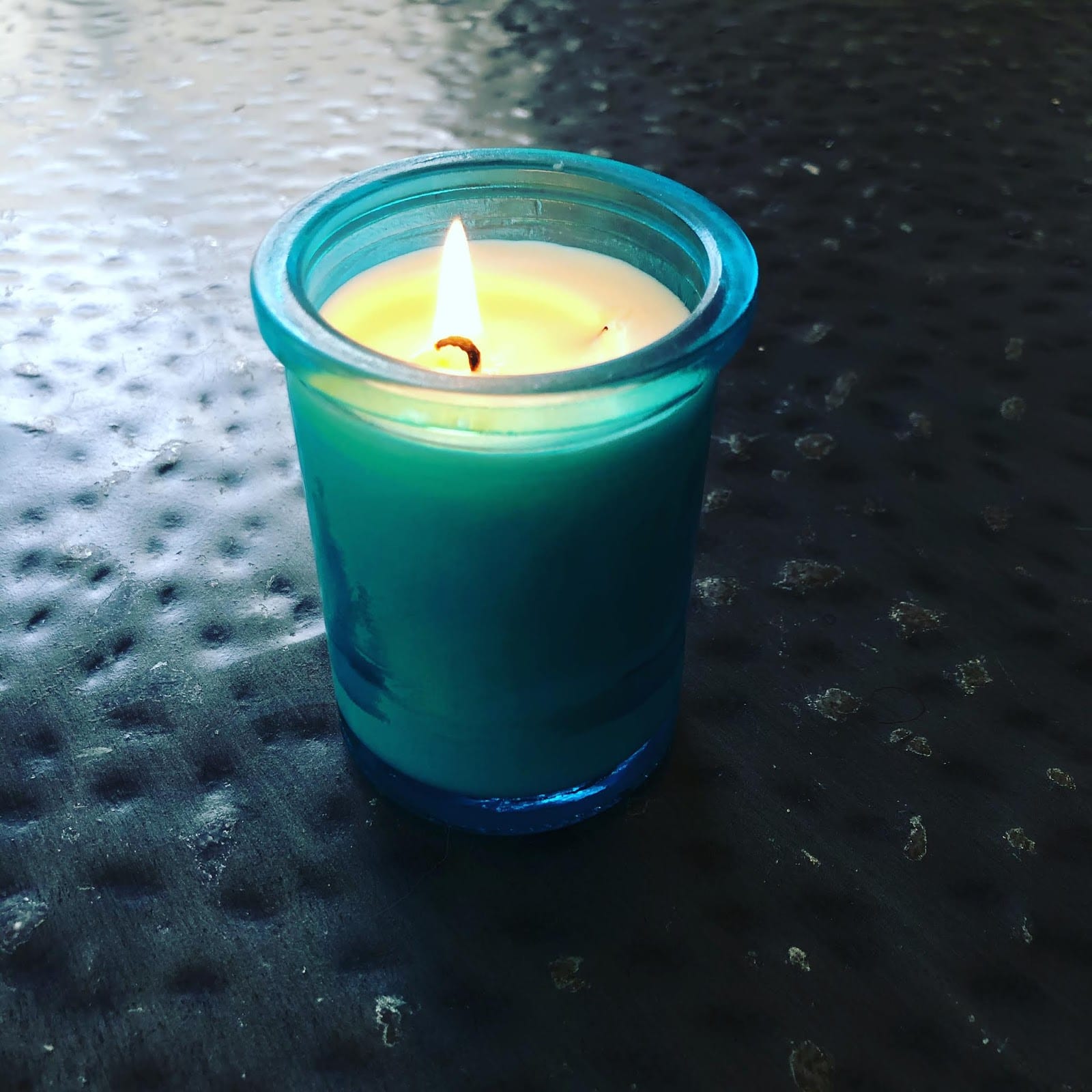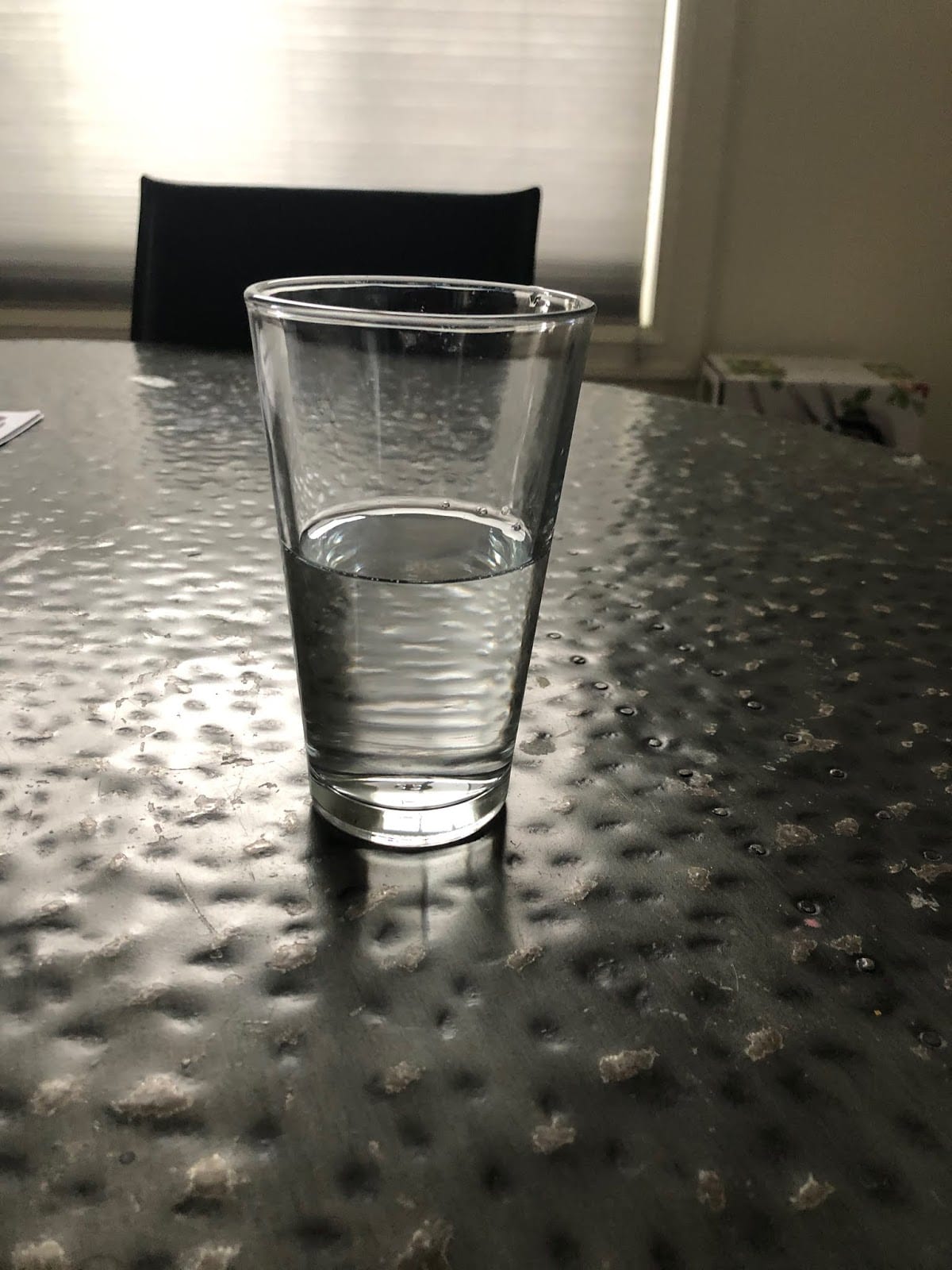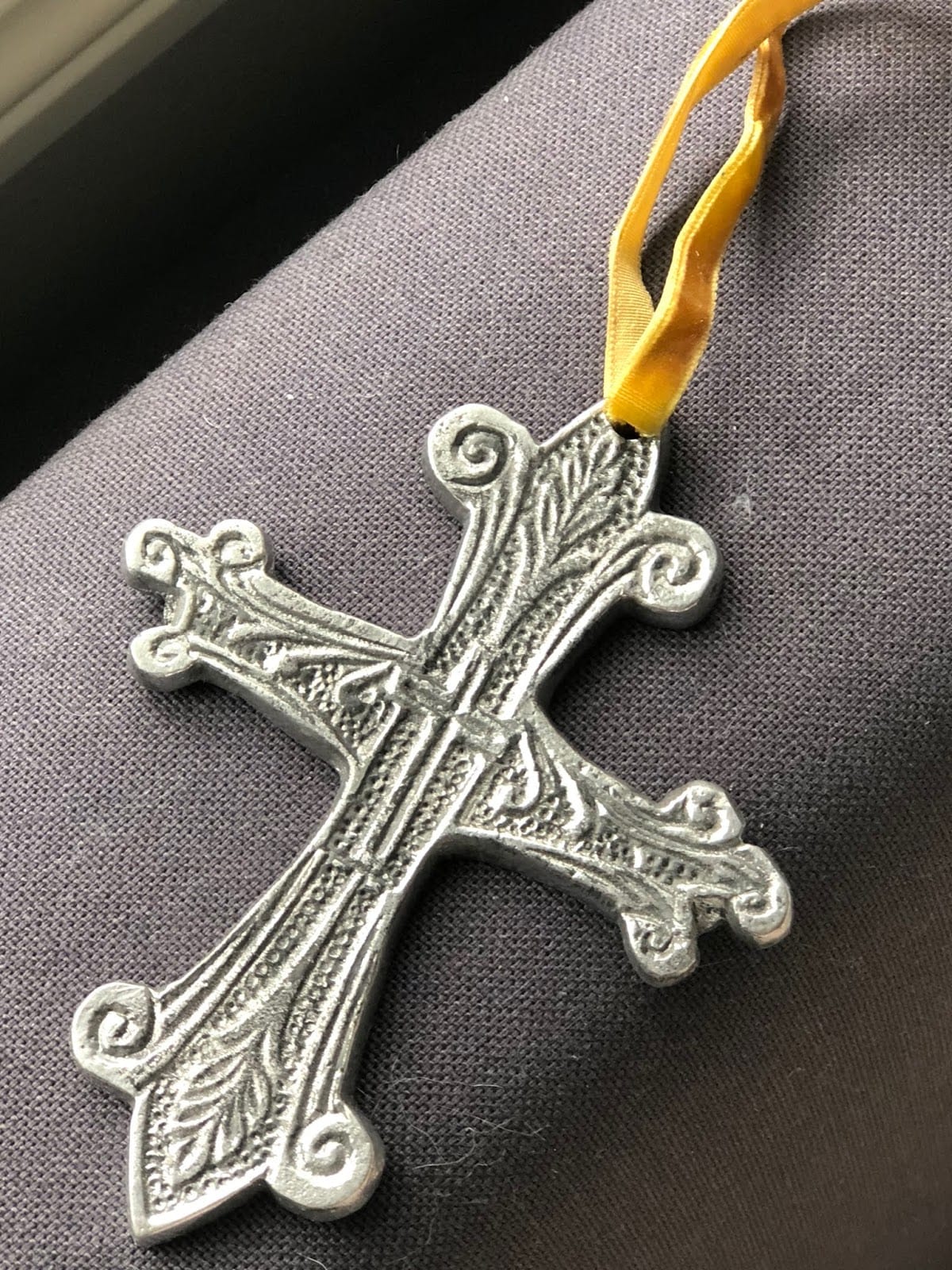 |
| Ragesoss / CC BY-SA (https://creativecommons.org/licenses/by-sa/3.0) |
If you have ever lived in Western Washington or Western Oregon, you know about Himalayan Blackberry – a plant that grows wild everywhere and is the bane of any homeowner’s existence. When I was a kid, I can recall Mom pulling over to the side of the road to park in July or August so that we could fill any empty container in the car with the enormous berries, often covered in road dust, and head home to make cobbler or freezer jam. The invasive, thorny vines grew at the edges of fields, sprouted out between gaps in a rock wall, could take over an entire back yard in one season. Years after they were introduced to the Pacific Northwest by a man named Luther Burbank, they are listed as one of the most invasive species in all of Washington state.
The Himalayan Blackberry is the botanical colonizer, eroding soil and crowding out native plants, thriving in rural and urban areas, in rainy and in dry climates. And yet, come July and August, the consolation prize is that we get juicy fruit, often for free, if we are willing to brave the thorns and brambles.
We are reaping what we’ve sown, in more ways than one.
When White Europeans began colonizing other parts of the globe, it was with the idea that white men deserved to own land, own women, own black and brown bodies, and use them to further their own agenda. For generations, in places from India to South Africa to the United States, we have embraced that idea and embedded it in to the psyche of white men everywhere. It should come as no surprise, then, that there are currently white men arming themselves to push their agenda in capitol buildings and public spaces across the United States. We taught them that they have the right to use whatever tactics it takes to assert their dominance, especially if the person in power is a woman, especially if she is asking them to stay home for the good of all.
In colonialism, there is no “good of all.” There is only the good of the white man, and the white women who choose to align themselves with the white men. It is no surprise that, given what these men think they stand to lose, they are furious. If you have been shown, in a myriad of ways, your entire life, that it is your birthright to own land, to take property from another by force, to use black and brown bodies and female bodies to enrich yourself, it could be hard to wrap your head around the notion that you are part of a collective that includes these other people. If you have been taught that competition is the natural state of things and that the winner deserves all the riches, I would imagine it’s difficult to believe in sharing resources or viewing the whole of the natural world as one symbiotic entity. But men are not blackberries, even if the ancestors of these white men were transplanted to a place where they didn’t belong but they somehow managed to thrive.
The only way we will emerge from this pandemic and be able to move forward without fear is together. If we use fear (and force) to emerge from it, fear will be the water we swim in for a very long time. We are reaping what we’ve sown in this country, and it is time for a different way of being. We can root ourselves in the belief that we are a collective, that we are one symbiotic entity, and that all parts of this collective can and should be cared for, none at the expense of the others. We can center the well-being of all rather than the economic prosperity of some because we have learned, time and time again, that those who become prosperous at the expense of others will not ever take care of the collective. It is counter to the purpose and process of capitalism and colonialism to care for the good of all.
But in order for this to happen, those white men who have armed themselves have to believe that they are part of the “all.” They have to see themselves as not superior to or entitled to dominion over the rest. They have to examine their fear of losing something and decide that anything you have to harm other human beings to get is not worth it. And that will require unlearning much of what they have been taught for generations was their birthright, uncoupling the idea of themselves and their place in the world from the capitalist, colonialist waters they and their fathers and their fathers’ fathers swam in from the moment they were born. That kind of work takes courage, and while courage does not exist without fear, fear can unfortunately exist without courage. Storming a public space to threaten others with an automatic weapon is not courage, it is a desperate attempt to assert dominance and an expression of fear.
Our stubborn adherence to principles of “Independence” fuel that fear more than any other country on the planet. Our lack of universal health care and paid family leave, our mistrust of anything that smacks of social services and the celebration of “private enterprise” have brought us a school-to-prison pipeline and a broken public school system and workers with two or three jobs who still can’t afford to feed themselves and their families. Americans are loathe to imagine that they are not unique and exceptional and our ways of being reinforce the (erroneous) idea that our well-being is not intertwined with that of our neighbors’ each and every day.
We are reaping what we’ve sown. The real question will be whether or not we have the courage and the intelligence to do things differently from here forward or if we are willing to continue sacrificing black and brown bodies and women and children on the altar of capitalism and colonialism because we are too afraid to ask the white men to give up their “freedoms.”










